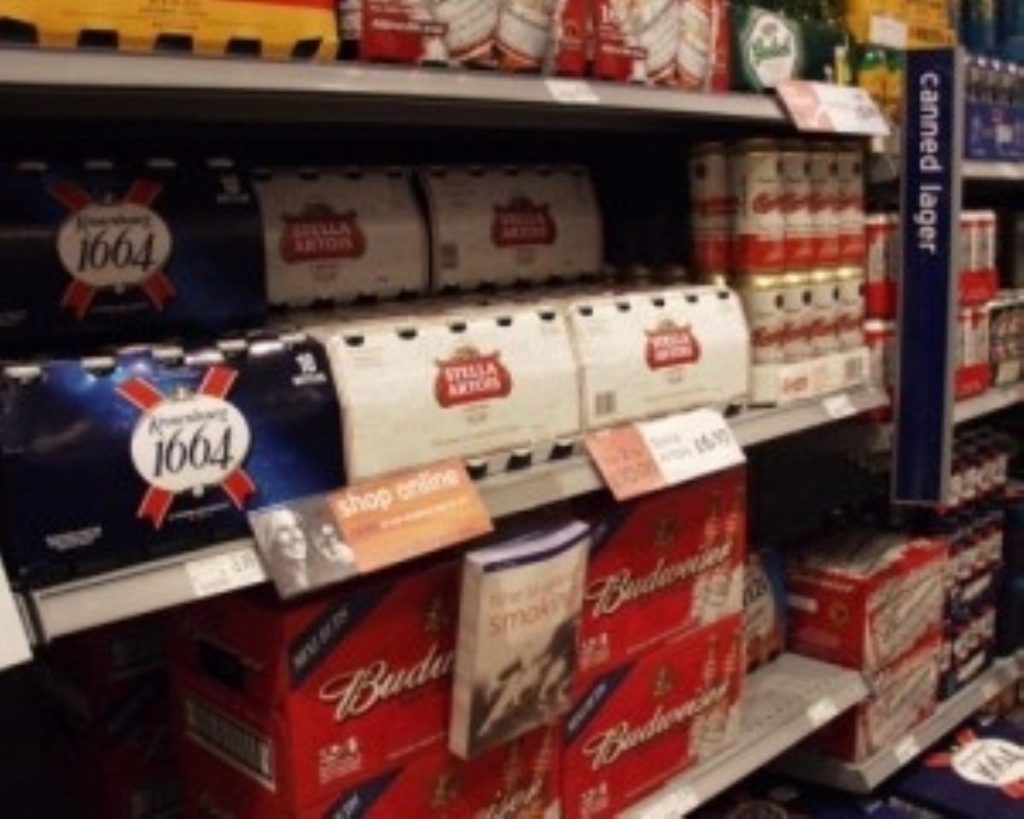Alcohol-related deaths ‘on the increase’
Alcohol-related deaths among young people have tripled in the last 20 years, according to the latest official statistics.
In the early 80s just 2% of deaths among 15 to 44-year-olds, but that had risen to 6% by 2001, today’s figures revealed.
Alcohol-related deaths, which include health deterioration caused by alcohol as well as murders and accidents where drink is involved, have hit the news last week when a 17-year-old British man was killed outside a nightclub in the holiday destination of Faliraki.
The resort on the island of Rhodes has received frantic media attention this summer as the Greek authorities have clamped down on binge-drinking by British tourists.


But drinking at home can be just as severe, with more than a quarter of men and nearly a fifth of women exceeding the recommended weekly allowances for alcohol.
And even more concerning is that many people drink their allowances – 14 units for women and 21 for men – all on one night which is the most damaging type of alcohol use, according to medical experts.
The Liberal Democrats’ health spokesperson, Evan Harris, criticised the Government today for failing to tackle the growing problem.
He attacked the Government for failing to implement its 1998 alcohol strategy, claiming that an estimated 240,000 lives could have been lost through alcohol abuse between then and 2004 when the strategy will be introduced.
Dr Harris said: “Alcohol is one of the most dangerous and damaging drugs in Britain today.”
“Excessive boozing kills four times as many people as drug abuse. It is one of the main causes of anti-social, aggressive and violent behaviour.”
“It causes huge problems for the health service – for accident and emergency departments as well as doctors treating the effects of long-term alcohol abuse, such as liver damage and heart disease.”
“There must be more research into the problem, better information and a structured alcohol strategy,” he added.
The drinks industry has tried to take the issue into its own hands recently with a sensible drinking campaign. Smirnoff has just released the first UK advert to focus entirely on that message, rather than on its product.
However, critics have claimed that compared to the £200m that the industry spends on promoting its products the £500,000 campaign is just a drop in the ocean.

